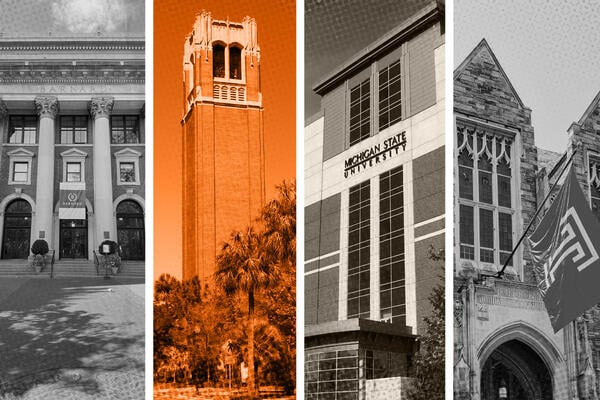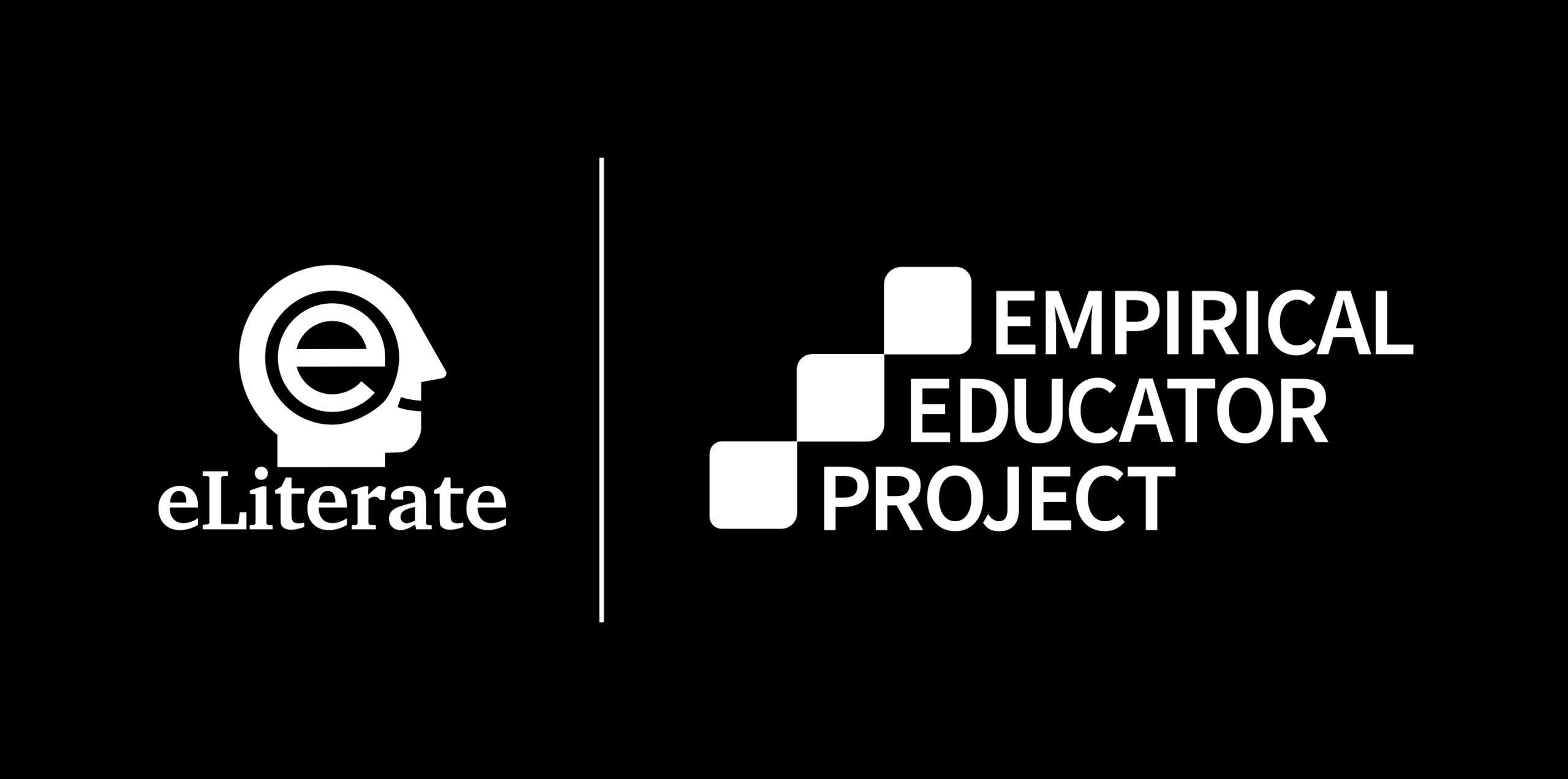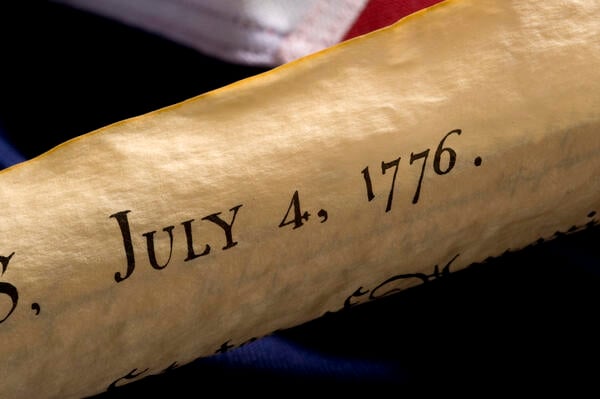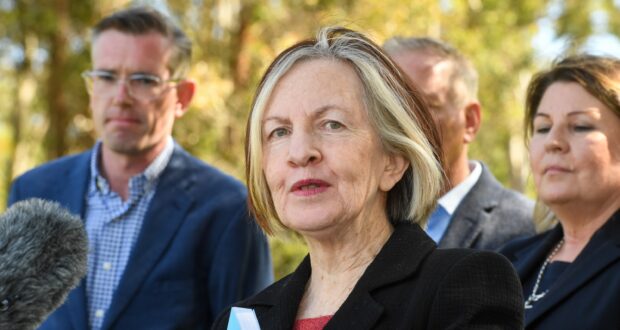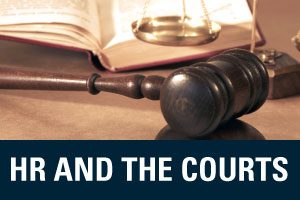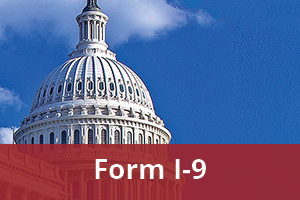July was marked by steep cuts at some of the nation’s wealthiest institutions while fewer small, cash-strapped colleges made significant workforce reductions.
While some of the nation’s wealthiest universities—institutions with multibillion-dollar endowments—laid off hundreds of employees last month due to federal research funding issues, an uncertain political landscape and rising costs, those cuts were an anomaly. Colleges outside the top financial stratosphere, contending with issues such as declining enrollment, shrinking state support and other challenges, didn’t cut as deep compared to the megawealthy.
Inside Higher Ed recently covered how the Trump administration is driving cuts at wealthy institutions. Now here’s a look at other layoffs and program cuts announced in July as both large, well-resourced institutions and smaller colleges with less capital contend with challenging headwinds for the sector.
Temple University
Grappling with a budget deficit that was projected as high as $60 million, Temple laid off 50 employees and eliminated more than 100 vacancies in July, The Philadelphia Inquirer reported.
The 50 layoffs equal less than 1 percent of Temple’s total workforce, according to the university.
Altogether Temple eliminated “190 positions across the university, with the vast majority of these coming through attrition, retirement or elimination of vacant positions,” President John Fry wrote in a message to campus last month. Fry added that those reductions narrowed the projected budget gap from $60 million to $27 million, cutting Temple’s structural deficit by more than half.
Michigan State University
The wealthiest institution represented here, with an endowment valued at more than $4.4 billion, the public university in Lansing cut nearly 100 jobs last month, The Detroit Free Press reported.
Officials announced 94 employees in MSU’s extension division were being laid off due to a loss of federal grant funding. The cuts come as a result of the Supplemental Nutrition Assistance Program–Education program being discontinued this fall, which provided a $10 million grant. Layoffs will affect employees across the state.
Additional jobs cuts also loom at Michigan State, where officials recently announced cost-cutting plans, citing the need to trim its budget by about 9 percent over the course of the next two years.
University of Florida
One of the wealthiest institutions on this list with an endowment of more than $2 billion, UF eliminated 75 jobs last month, largely through attrition and closing vacant roles, WCJB reported.
A university spokesperson told Inside Higher Ed the cuts were part of a 5 percent reduction in administrative expenses, which amounted to $20 million in cost savings for UF. In addition to the 75 jobs eliminated, UF closed its Office of Sustainability, reportedly cutting another three jobs.
UF is also shutting down its Health Science Center Police Service Technician program at the end of the year, which officials said will affect 15 positions, though seven are currently vacant.
Barnard College
The private women’s college affiliated with Columbia University, but with a separate and much smaller endowment, cut 77 jobs last month as part of a restructuring effort announced July 31.
Barnard president Laura Ann Rosenbury wrote in a message to campus that the cuts were a “painful moment” but the “strategic realignment” reflected “evolving operational needs.” She added that no faculty positions or instructional services personnel were included in the cuts.
Founded in 1889, Barnard had an endowment valued at $503 million in fiscal year 2024 and has dealt with rising debt in recent years.
Southern Oregon University
Last month officials at the public university in Ashland declared financial exigency and announced plans to cut SOU’s budget by 15 percent, Oregon Public Broadcasting reported.
University officials are working to shrink SOU’s budget from $71 million to a more manageable $60 million. In the short term that means finding $5 million in savings for the 2025–26 fiscal year.
The budget cuts will play out over three years and eliminate an estimated 65 jobs through a mix of voluntary retirements, leaving some positions vacant and cutting about 20 positions. SOU also plans to cut 15 majors and 11 minors, shrinking its academic portfolio as it restructures.
SOU president Rick Bailey is also taking a voluntary 20 percent pay cut amid budget issues.
Meredith College
Cost-cutting measures prompted layoffs at the private women’s college in North Carolina, with 6 percent of the workforce—roughly 25 employees—affected, local TV station ABC 11 reported.
None of Meredith’s full-time faculty members were laid off, according to ABC 11.
“These strategic budget reductions were necessary and proactive steps in preserving Meredith’s long-term financial strength and helping it grow and thrive for the future,” college officials wrote in a statement to media outlets detailing the reason for the layoffs. “When making budget adjustments, Meredith leaders focused on protecting programs and services essential to fulfilling its mission. These difficult decisions were made for the good of the College as a whole.”
Sullivan University
The private Kentucky university is cutting 21 jobs, seven of which are vacant, closing two educational sites and selling its only residence hall, The Louisville Courier Journal reported.
The changes come at a rocky time for the university, which was declared the worst company in the city to work for by LEO Weekly, another local news outlet, based on feedback on Glassdoor, a website used for job searches and employer reviews. Sullivan officials subsequently began offering a 1 percent 401(k) match, which officials told the Courier Journal was already planned.
Sullivan also parted ways with President Tim Swenson, who abruptly resigned last week. The university had placed Swenson on administrative leave just a few days prior. Officials wrote, in an email obtained by the newspaper, that he was placed on leave “to allow time for a review of internal matters and to ensure the process is handled fairly and without disruption.” Sullivan officials did not specify the reason for his departure in a message to employees.
Kalamazoo College
The small, private liberal arts college in Michigan laid off 11 staff members due to financial pressures, to enrollment challenges and “an inflationary environment,” MLive reported.
“This difficult decision was not made lightly, and it is part of a broader effort to ensure the long-term financial stability and sustainability of the institution,” officials said in a statement.
Xavier University
A challenging enrollment picture is driving layoffs at the private Catholic university, where officials are also cutting salaries and making other changes, The Cincinnati Enquirer reported.
Though the full number of layoffs is unclear, a university spokesperson told the newspaper that the cuts include two jobs in Xavier’s executive cabinet as well as some temporary faculty and staff. University officials noted that no full-time faculty members have been part of the cuts.
Xavier will also maintain restrictions on nonessential travel.

